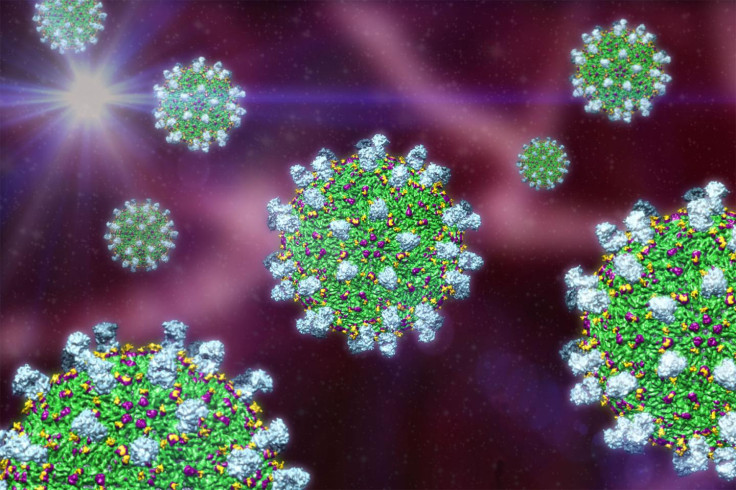Powerful antibody against dengue virus brings treatment closer

Researchers have identified a powerful antibody which requires a minute amount to neutralise the dengue virus.
The study led by Duke-NUS showed that 10-9 gms of the antibody 5J7 was highly effective in killing the virus and stopping the infection of dengue serotype 3 virus (DENV-3).
The study was published online on 20 February, 2015, in the journal Nature Communications.
Researchers isolated 5J7 from 200 different candidate antibody molecules by studying blood samples from a dengue infected patient. They found that each arm of the antibody is surprisingly effective in grabbing three surface proteins on the surface of the virus at the same time.
The sites on the virus where the antibody was bound were critical.
"This kind of binding with the virus has never been observed and it explains why the antibody itself is so highly potent," said A/Prof Lok, who is from the Emerging Infectious Diseases Programme at Duke-NUS.
There are four serotypes (variations) of the virus and the Duke-NUS lab has already found an antibody against DENV-1.
While antibody 5J7 has been found to be effective against DENV-3, the remaining two serotypes of dengue virus (DENV-2 and DENV-4) have to be considered.
The antibody against a serotype will kill that particular serotype but lead to serious secondary infections when encountering the other serotypes.
Hence it becomes important to identify antibodies to all the other serotypes too before a treatment using the present antibody is possible.
Senior author Associate Professor Shee Mei Lok from Duke-NUS Graduate Medical School Singapore (Duke-NUS) has been studying the pathology and structure of the dengue virus to develop effective therapeutics.
Her strategy to develop a safe therapeutic is to combine four antibodies that each bind and potently inhibit infection of each of the dengue virus serotypes.
Incidence multiplying
Over the last 50 years, the incidence of dengue virus has increased by 30 times worldwide. From a largely tropical disease it spread to other parts.
In 1970, infections occurred in just nine countries. Today the figure stands at over 100, with a person being sent to hospital every minute with dengue.
In India, the virus has been infecting as many as 30 million people annually. Official figures are highly underestimated, found a study with almost 300 times as many people admitted to hospitals as officially claimed
The World Health Organization estimates that the number of infections globally stands at 390 million a year.
Dengue fever is transmitted by the bite of the Aedes mosquito infected with dengue virus.
In addition to muscle and bone pain accompanied by a high temperature for days, the patient develops internal bleeding and other severe symptoms. Without intensive medical treatment, around half die.
To date, there is no licensed vaccine or drugs to fight the dengue virus due to the presence of four circulating virus serotypes (DENV1-4) complicating their development.
A vaccine CYD-TDV from Sanofi Pasteur has cleared the first safety hurdle in clinical trials done in India where it showed over 80% efficacy.
© Copyright IBTimes 2025. All rights reserved.





















